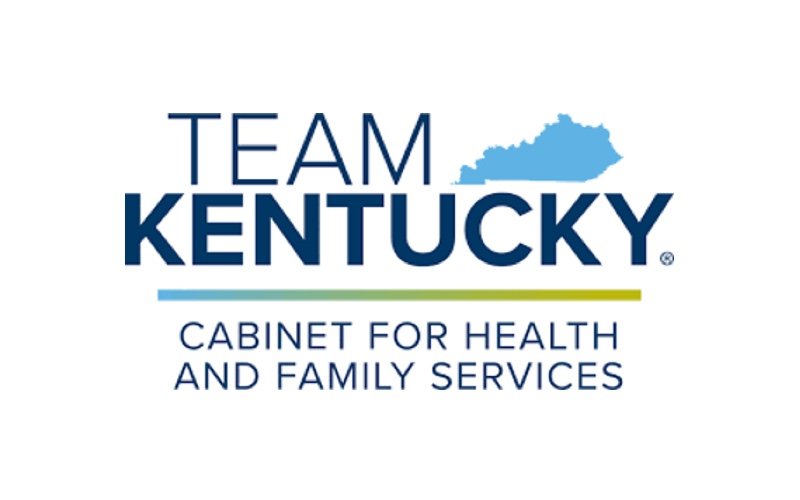
Melinda Lis, MSW
Post-Adoption Center Director
Melinda Lis, MSW
Post-Adoption Center Director
Celebrating National Adoption Month
National Adoption Month began in 1984 as a single week of recognition and has since grown into a month-long celebration dedicated to raising awareness about adoption, honoring adoptive families, and highlighting the urgent need for permanent, loving homes for children and youth in foster care.
At the Post-Adoption Center, we believe this month is also a time for child welfare systems to reaffirm their commitment to supporting adoptive and guardianship families. Forming a family through adoption or guardianship is not a one-time event—it’s a lifelong journey. These families and the children they embrace deserve ongoing support, resources, and understanding as they navigate that path.
Adoption must be an intentional, enduring commitment—not only from the families who open their hearts and homes, but also from the child welfare systems that help bring them together, and the community services that walk alongside them.
As we observe National Adoption Month, let us remember our collective responsibility to the more than 700,000 children who have been adopted or placed in guardianship and continue to receive support. Their stories are not over—and neither is our role in supporting them.
Cross Site Meeting Connections
The Post-Adoption Center held its second cross-site meeting on July 17th, 2025, for sites currently receiving on-site technical assistance. This meeting bought together child welfare professionals from California, Arizona, Oregon, Kentucky, Montana, Louisiana, North Carolina and Wisconsin to learn from one another on how post-permanency services are provided in their states as well as to develop a network of professionals they can connect with for support and to share ideas. A few of the participants shared how they define success with the Post-Adoption Center team.
We Are Recruiting
The Post-Adoption Center is currently recruiting a tribal nation to receive on-site technical assistance. We are also recruiting for states and territories to receive on-site technical assistance in year 3. For more information, complete this form.




